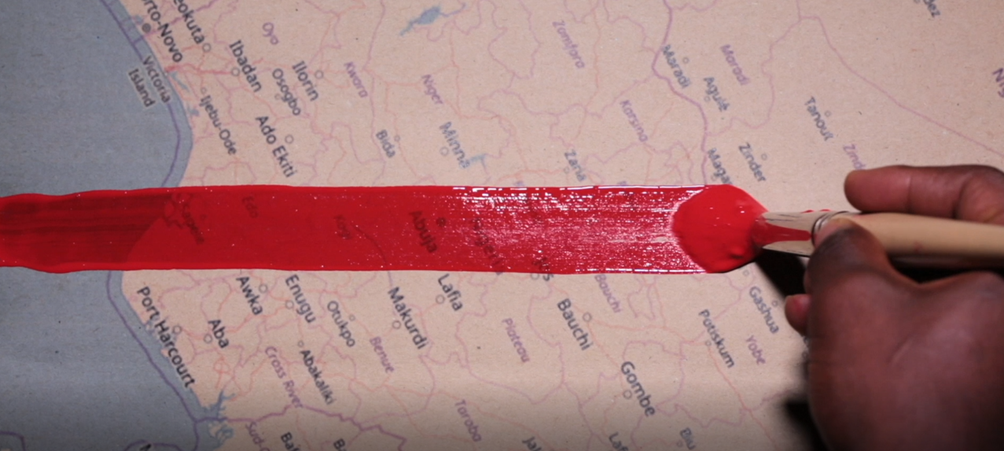Guest Post by Giuliana Inturrisi
Today, we are proud to host a guest post by Giuliana Inturrisi on her Master thesis on trafficking of Nigerian women.

The master thesis, entitled “The interpretation of Nigerian women trafficking for sexual exploitation in Sicily” written by Giuliana Inturrisi, aimed to analyse the socially constructed image of trafficked Nigerian women in the Sicilian trafficking debate. Nigerian girls are usually underage when they are recruited by relatives or acquaintances from rural areas in Edo State, in particular in Benin City and villages near it. They are subjected to an esoteric rite (juju) in which organic substances (e.g. skins, hair, nails and body fluids) are taken from them. After crossing the desert, Libya, and the Mediterranean Sea, Nigerian girls are handed over to their madam and introduced into the world of forced prostitution. The madam is a former forced prostitute and represents a key figure in the Nigerian sex trafficking because she is the perpetrator and, at the same time, the benefactor. The goal of some trafficked girls is to become madam themselves as she boasts a high economic status in Nigerian society and, thus, they ensure the perpetuation of the vicious circle. To understand what the socially constructed image of trafficked Nigerian women is in the Sicilian trafficking debate, who the moral entrepreneurs that construct this image are and what their interests are, and how the trafficked Nigerian women perceive themselves, the findings were classified in four categories: invisibility, criminalisation, victimisation and visibility. In this scenario, this research project was a qualitative study based on 22 semi-structured interviews, visual method, and discourse analysis. The trafficked Nigerian women were mainly seen as voluntary prostitutes by citizens of Catania and Ragusa, people working at migration centres, healthcare personnel, people working at institutional and legislative level and media. Contrariwise, at the beginning of the exploitative process, trafficked Nigerian women were not aware of their victim status because of the ambiguous and ambivalent behaviour of the actors involved in trafficking. It was found to be difficult for them to ask for help and trust operators of anti-trafficking organisations and professionals on the field.
